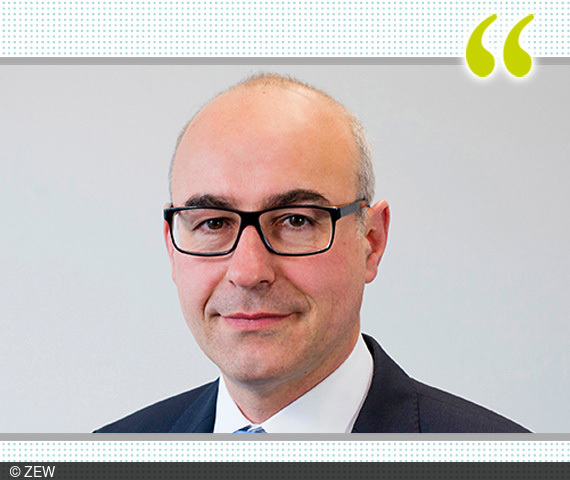ZEW President Achim Wambach on the Future of Social Security
CommentOn 22 March 2019, the expert commission “Security in Transition” presented its final report within the framework of an economic conference in Stuttgart. The commission was established at the beginning of 2018 by the Center for Liberal Modernity with support from the Baden-Württemberg Stiftung. The commission consists of 14 representatives from the realms of science, business, trade unions and local politics, including Professor Achim Wambach, president of the ZEW – Leibniz Centre for European Economic Research in Mannheim.
During the conference, Achim Wambach shared his view on the “Future of Social Security”, one of the four major topics discussed in the report.
“The digital revolution and demographic change pose major challenges to our social security systems. It is therefore crucial to ensure that these transition processes are designed in the best possible way. More specifically, it is essential that we take action to counter the polarisation between winners and losers. In order to do this, instruments of social participation need to be further developed, so as to reduce these shortcomings, bridge gaps of injustice and distribute the dividends on digitalisation more widely.
In this regard, one central aspect is labour market participation. If, for example, low-income households aim to increase their income by entering employment or working more hours, only to find that they hardly benefit from this additional income due to the resulting reduction in support benefits, then improvements must be made. For this reason, the commission recommends reducing the withdrawal of transfers for lower income groups and individuals (re)entering employment. In order to meet the challenges of a digitalised working world, we also recommend that working hours be made more flexible, for example by empowering employees to take extended leaves of absence for further education or social commitment (community work).”
